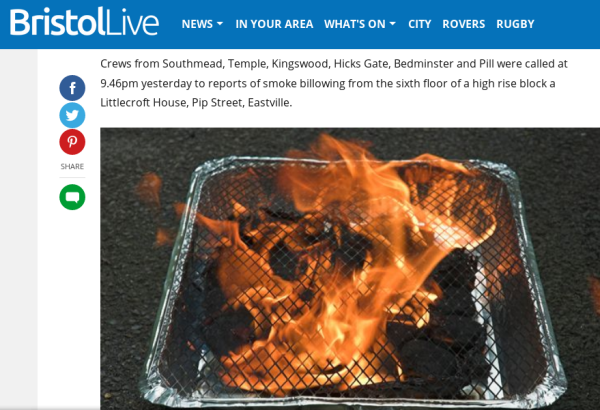Terminology still a mystery to Auntie
The BBC has long boasted of the quality of its English.
However, its reputation fort linguistic excellence has started to look very tarnished in recent years. One particular area of concern is the BBC’s failure to use the correct terminology when referring to those who work with languages (posts passim).
Since I first wrote about this seven years ago, very little seems to have changed, as shown today by a news story posted today by a reporter with BBC Newcastle concerning the quality of language services provided to the police and courts by ITL North East Ltd. of Gateshead.
It starts off on the wrong foot, with the headline proclaiming: “Translators were ‘not qualified’ for police interview work“.
Translators don’t do interview work, said my mind, unless they’re working from transcripts!
The first paragraph, however, manages to get the terminology correct:
Unqualified police interpreters have cost the public thousands of pounds by causing court delays and in one instance the collapse of a case, the BBC has learned*.
The error in the headline in repeated further down the piece, as follows:
In addition to Northumbria Police, it provided translators for interviews with the Durham and Cleveland forces.
As regards the quality of the interpreters provided the piece details several cases where unqualified interpreters had caused trials to collapse and unnecessary expenditure to be incurred. For instance, one so-called interpreter couldn’t explain the police caution in full to a suspect.
In another instance, an “interpreter” who had just been in the country for 3 months before being recruited. She freely admitted not being able to understand everything a police officer said in an interview with a suspect.
Since the evidence of poor quality work came to light, Northumbria Police requested a full audit of the qualifications held by all interpreters registered with ITL North East Ltd.
The BBC should follow Northumbria Police’s example and audit the liguistic abilities of their reporters.
For those reporters who still don’t understand the difference between translators and interprwters, I would refer them once again to my handy illustrated guide from 2013 (posts passim).
* = As regards the phrase “the BBC has learnt…”, it has been pointed on social media out that this story was first broken the satirical magazine Private Eye over a year ago. Do keep up Auntie!








